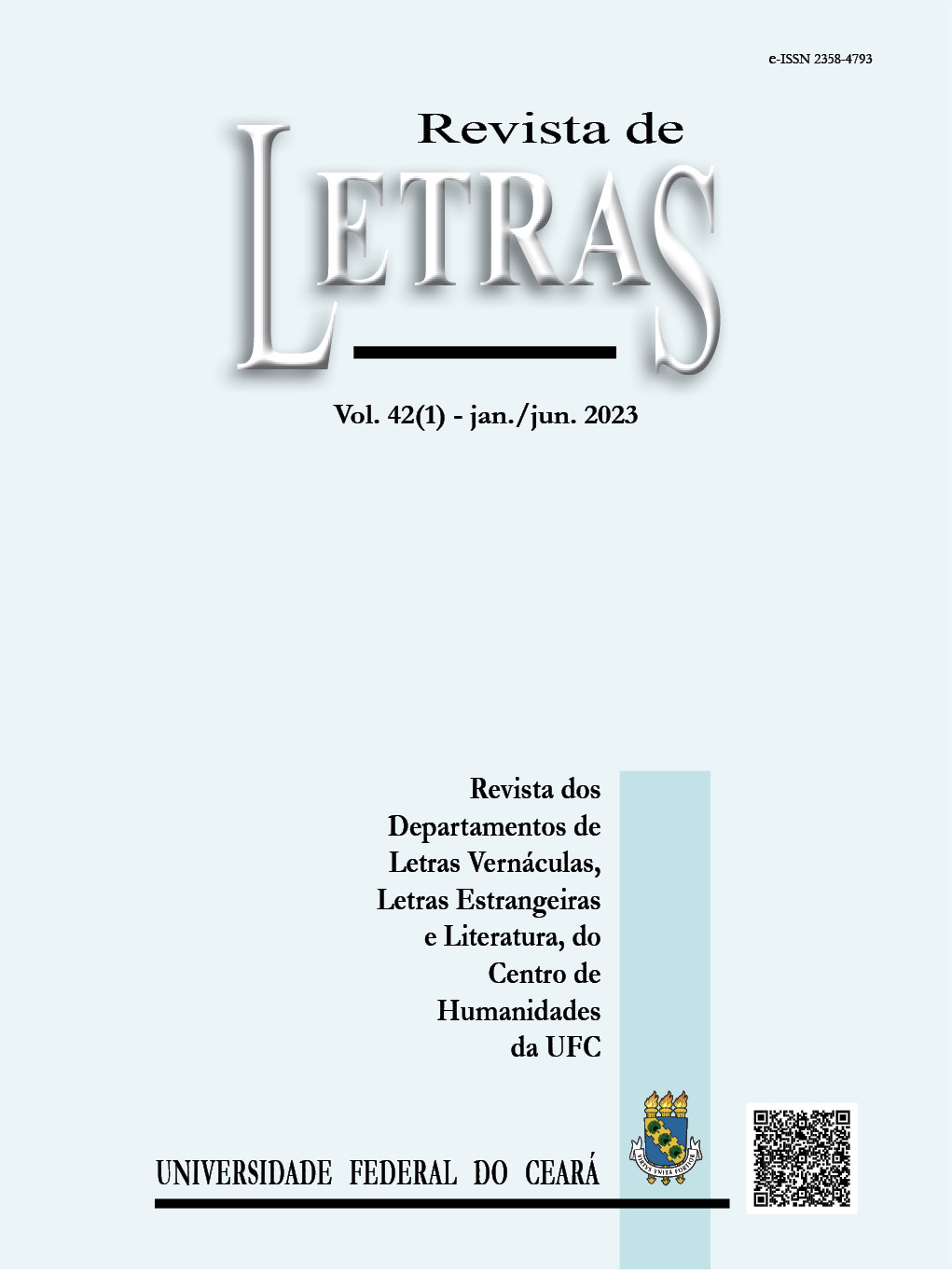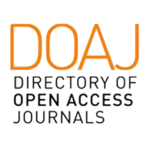DELMIRA AGUSTINI'S NOCTURNO (NOCTURNE): DIALOGUE, EXPERIENCE AND REFLECTION IN INTERLINGUAL AND INTERSEMIOTIC TRANSLATION
DOI:
https://doi.org/10.36517/revletras.42.1.18Abstract
This article is a double commented translation of the poem Nocturno, by Uruguayan modernist poet Delmira Agustini. The critical appraisal of the poem involves a qualitative and subjective analysis, as well as a technical analysis based primarily on Antonio Quilis (1969). One of the translations is interlingual (from Spanish into Portuguese), while the other is intersemiotic (from Spanish into painting), done separately by each author of the article. We explicitly ruled out the synchronic approach in both translations, given the year when the poem was published (1911). We discuss Jakobson’s (1959) types of translation, noting that there are intersemiotic aspects in all of them. The theoretical foundation also includes works by Julio Plaza (2001), Umberto Eco (2003), and Haroldo de Campos (1963). We take on these translations as experience and reflection, as stated by Antoine Berman (1989). The decision-making process is laid out in the commentary, with emphasis on the intersemiotic aspects and the choices required due to differences in matter. In the final considerations, we highlight the dialogue between the authors throughout the research process and the mutual influences.
Downloads
Downloads
Published
How to Cite
Issue
Section
License
Copyright (c) 2023 Revista de letras

This work is licensed under a Creative Commons Attribution 4.0 International License.
Autores que publicam nesta revista concordam com os seguintes termos:- Autores mantêm os direitos autorais e concedem à revista o direito de primeira publicação, com o trabalho simultaneamente licenciado sob a Licença Creative Commons Attribution que permite o compartilhamento do trabalho com reconhecimento da autoria e publicação inicial nesta revista.
- Autores têm autorização para assumir contratos adicionais separadamente, para distribuição não-exclusiva da versão do trabalho publicada nesta revista (ex.: publicar em repositório institucional ou como capítulo de livro), com reconhecimento de autoria e publicação inicial nesta revista.
- Autores têm permissão e são estimulados a publicar e distribuir seu trabalho online (ex.: em repositórios institucionais ou na sua página pessoal) a qualquer ponto antes ou durante o processo editorial, já que isso pode gerar alterações produtivas, bem como aumentar o impacto e a citação do trabalho publicado (Veja O Efeito do Acesso Livre).

.png)






.png)
